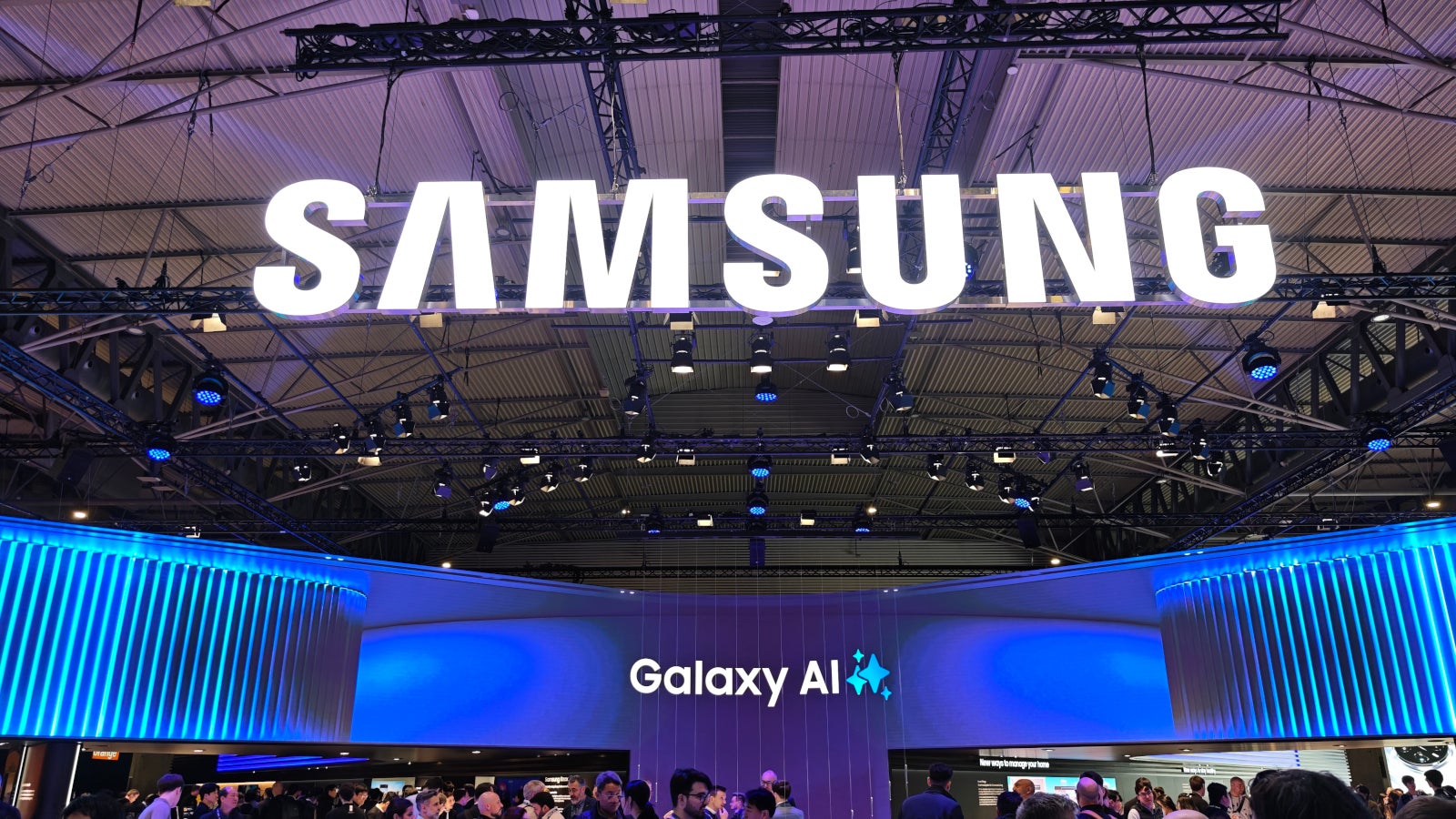Announcing `google-ai-rs`: Type-Safe Google Generative AI Client for Rust
Hi Rustaceans! I'm excited to share my new crate for working with Google's AI APIs: google-ai-rs Why this exists: Provides strict type safety for Google's Gemini API responses Handles JSON schema validation at compile time Supports both gRPC and REST with async/await Implements full API surface (chat, embeddings, model management) Key Features: // Schema validation example #[derive(AsSchema)] #[schema(description = "Validated customer purchase order")] #[schema(rename_all = "camelCase")] pub struct Order { #[schema( description = "Order items with quantity and pricing" )] pub items: Vec, #[schema( description = "Customer contact information" )] pub customer: Customer, #[schema(description = "Total amount in USD")] pub total: f64, pub status: OrderStatus } #[derive(AsSchema)] #[schema(rename_all = "camelCase")] enum OrderStatus { Pending, Processing, Shipped, Canceled, } let result = model.as_schema::() .generate_content("Return top 5 orders").await?; Flexible Input Handling: // Mix text and binary inputs model.generate_content(( "Explain this diagram", Part::blob("image/png", diagram_bytes), "Include technical specs" )).await?; Production Ready: Connection pooling via tonic/hyper Configurable retry policies Proper error handling variants Benchmark: 2-3x faster than pure REST implementations Getting Started: [dependencies] google-ai-rs = "0.1.0" use google_ai_rs::{Client, generative::GenerativeModel}; #[tokio::main] async fn main() -> Result { let client = Client::new(env!("API_KEY").into())?; let response = client.generative_model("gemini-pro") .generate_content("Explain borrow checker using cooking analogies") .await?; println!("{}", response.text()); Ok(()) } Links: Crates.io Docs.rs GitHub Repo Would love feedback from anyone working with AI APIs in Rust! Particularly interested in: Schema derivation patterns Error handling ergonomics gRPC vs REST tradeoffs
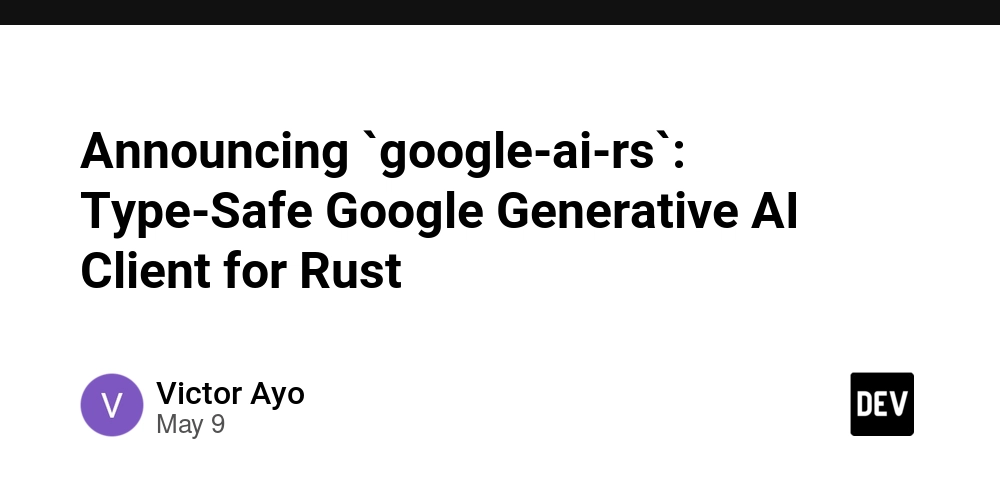
Hi Rustaceans! I'm excited to share my new crate for working with Google's AI APIs: google-ai-rs
Why this exists:
- Provides strict type safety for Google's Gemini API responses
- Handles JSON schema validation at compile time
- Supports both gRPC and REST with async/await
- Implements full API surface (chat, embeddings, model management)
Key Features:
// Schema validation example
#[derive(AsSchema)]
#[schema(description = "Validated customer purchase order")]
#[schema(rename_all = "camelCase")]
pub struct Order {
#[schema(
description = "Order items with quantity and pricing"
)]
pub items: Vec<OrderItem>,
#[schema(
description = "Customer contact information"
)]
pub customer: Customer,
#[schema(description = "Total amount in USD")]
pub total: f64,
pub status: OrderStatus
}
#[derive(AsSchema)]
#[schema(rename_all = "camelCase")]
enum OrderStatus {
Pending,
Processing,
Shipped,
Canceled,
}
let result = model.as_schema::<Vec<Order>>()
.generate_content("Return top 5 orders").await?;
Flexible Input Handling:
// Mix text and binary inputs
model.generate_content((
"Explain this diagram",
Part::blob("image/png", diagram_bytes),
"Include technical specs"
)).await?;
Production Ready:
- Connection pooling via tonic/hyper
- Configurable retry policies
- Proper error handling variants
- Benchmark: 2-3x faster than pure REST implementations
Getting Started:
[dependencies]
google-ai-rs = "0.1.0"
use google_ai_rs::{Client, generative::GenerativeModel};
#[tokio::main]
async fn main() -> Result<(), Box<dyn std::error::Error>> {
let client = Client::new(env!("API_KEY").into())?;
let response = client.generative_model("gemini-pro")
.generate_content("Explain borrow checker using cooking analogies")
.await?;
println!("{}", response.text());
Ok(())
}
Links:
Would love feedback from anyone working with AI APIs in Rust! Particularly interested in:
- Schema derivation patterns
- Error handling ergonomics
- gRPC vs REST tradeoffs


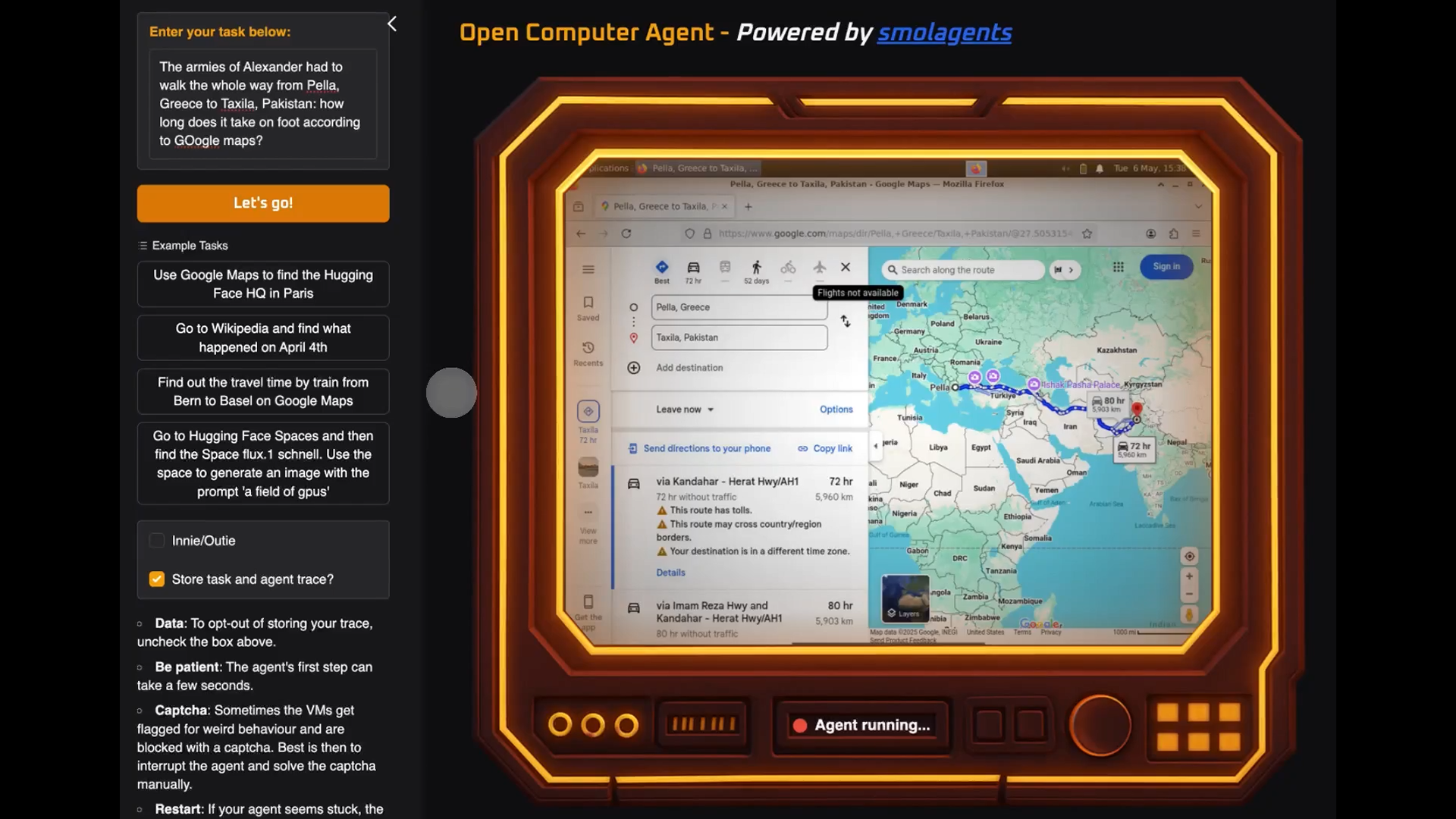









































































































































































![[The AI Show Episode 146]: Rise of “AI-First” Companies, AI Job Disruption, GPT-4o Update Gets Rolled Back, How Big Consulting Firms Use AI, and Meta AI App](https://www.marketingaiinstitute.com/hubfs/ep%20146%20cover.png)










































































































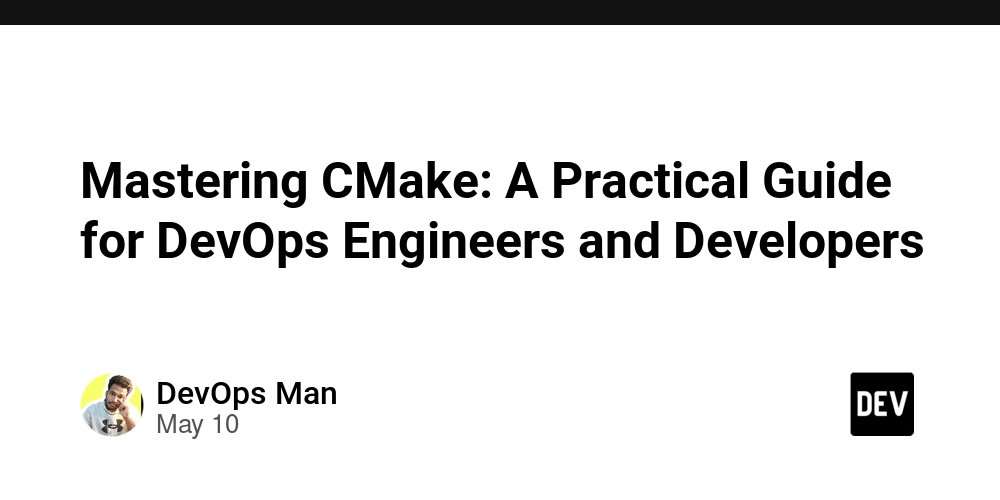


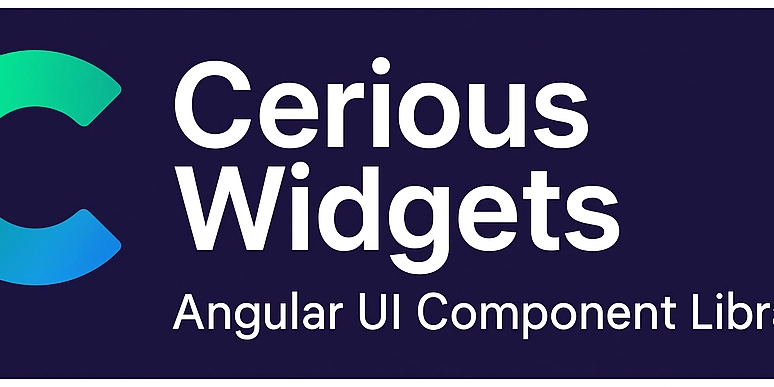
















![Ditching a Microsoft Job to Enter Startup Hell with Lonewolf Engineer Sam Crombie [Podcast #171]](https://cdn.hashnode.com/res/hashnode/image/upload/v1746753508177/0cd57f66-fdb0-4972-b285-1443a7db39fc.png?#)



























































.jpg?width=1920&height=1920&fit=bounds&quality=70&format=jpg&auto=webp#)




















































-Nintendo-Switch-2-Hands-On-Preview-Mario-Kart-World-Impressions-&-More!-00-10-30.png?width=1920&height=1920&fit=bounds&quality=70&format=jpg&auto=webp#)










































































































-xl.jpg)




























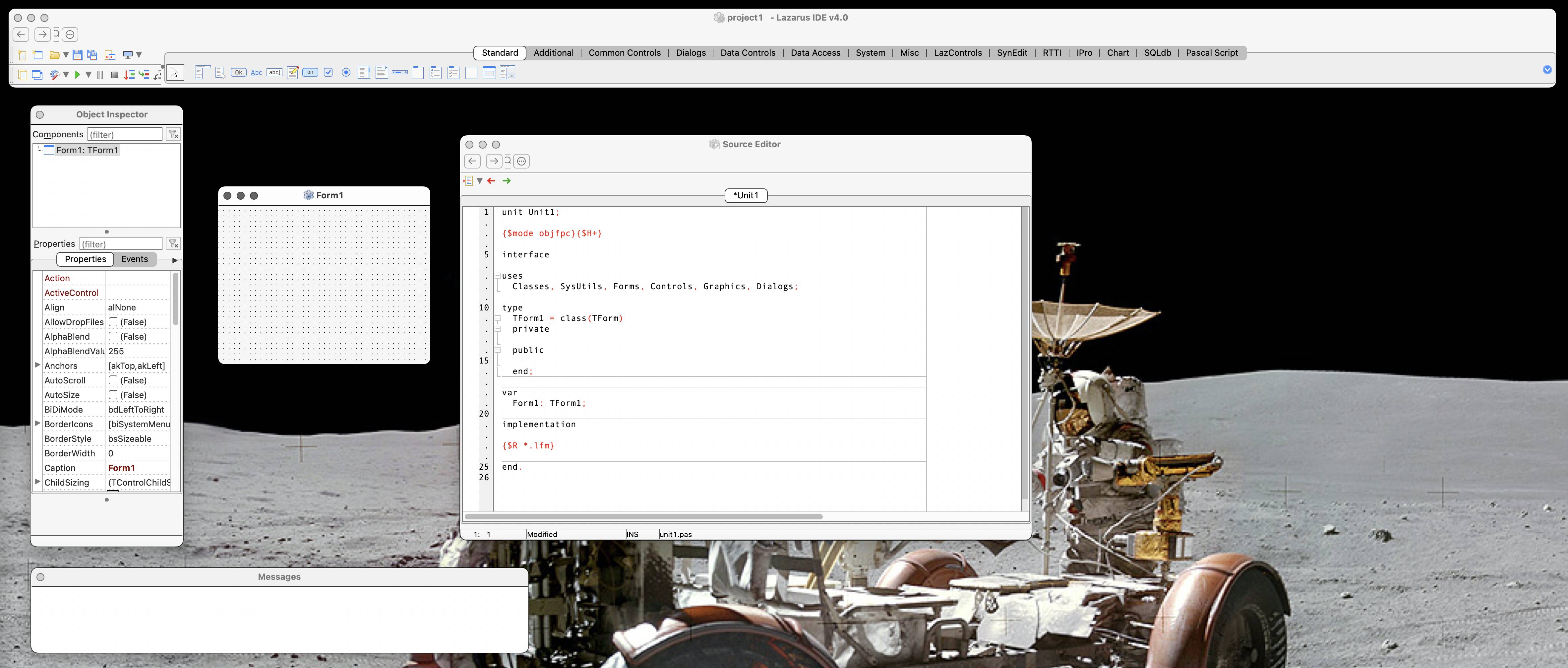

![New iPad 11 (A16) On Sale for Just $277.78! [Lowest Price Ever]](https://www.iclarified.com/images/news/97273/97273/97273-640.jpg)

![Apple Foldable iPhone to Feature New Display Tech, 19% Thinner Panel [Rumor]](https://www.iclarified.com/images/news/97271/97271/97271-640.jpg)














































